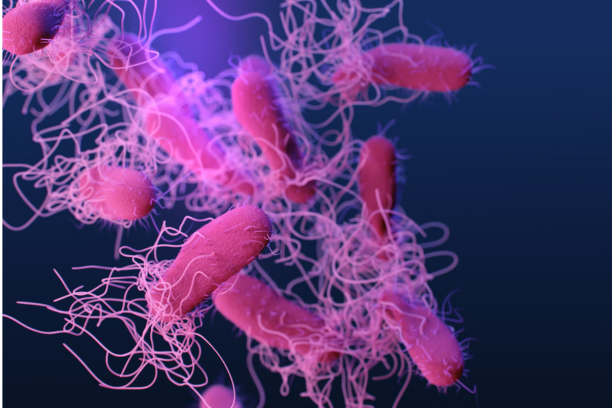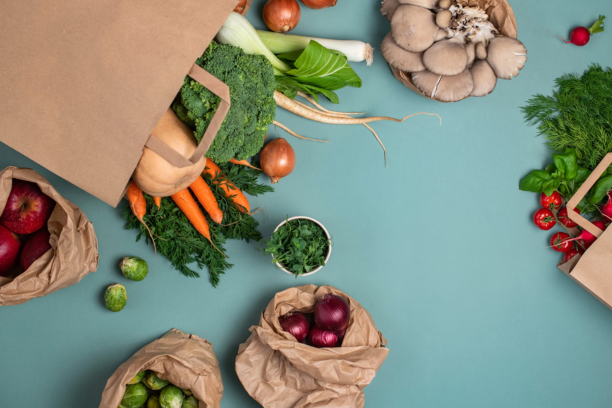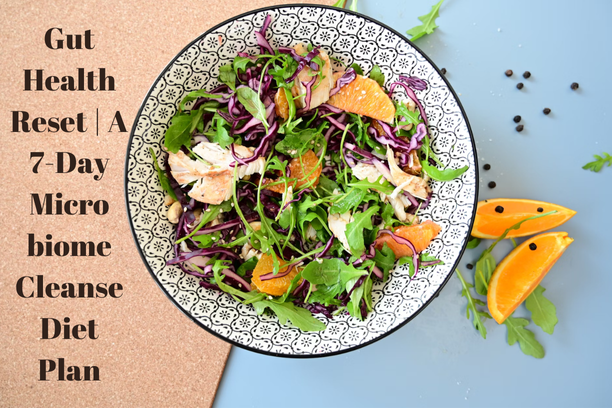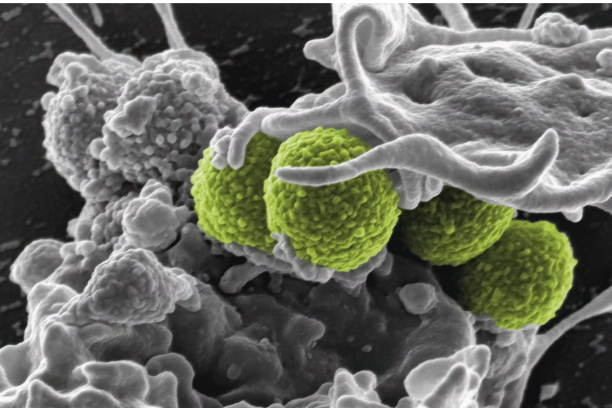Why IBS and Bloating Are On the Rise in 2025
In 2025, more people across the USA, UK, and Canada are experiencing digestive issues like IBS and bloating than ever before. Whether it’s the result of processed diets, stress, or overuse of antibiotics, the gut is taking a hit. With emerging research highlighting the gut microbiome as a key player in digestive health, the solution lies in feeding our friendly bacteria not just medicating the symptoms.
Functional medicine experts now emphasize microbiome-friendly foods, especially low FODMAP and anti-inflammatory diets, as part of a sustainable solution for easing discomfort, gas, and irregular bowel movements. Let’s explore the gut-food connection that’s changing lives in 2025.
What Is IBS and Why the Gut Microbiome Matters
Irritable Bowel Syndrome (IBS) is a chronic digestive disorder affecting millions worldwide. Common symptoms include bloating, gas, cramping, constipation, and diarrhea. While the exact cause remains unclear, mounting research ties gut flora balance to IBS severity.
Your intestinal microbiota a collection of trillions of microbes in your gut plays a critical role in regulating digestion, nutrient absorption, and inflammation. A disrupted microbiome can trigger chronic inflammation and even leaky gut syndrome, leading to heightened IBS symptoms.
Recent studies also show that a balanced gut microbiome can improve not just digestion but skin health, immunity, and even mental well-being.

Top 10 Microbiome-Friendly Foods That Help With IBS and Bloating
The right foods can restore microbial balance and ease discomfort. Here are the top microbiome-friendly foods for relieving IBS and bloating in 2025:
Kefir and Yogurt
These fermented foods are rich in probiotics that support gut health and regulate bowel movements. Furthermore, choose unsweetened versions to avoid triggering flare-ups.
Bananas
A gentle prebiotic-rich fruit that nourishes beneficial gut bacteria. Ideal for sensitive stomachs and bloating relief.
Cooked Oats
High in soluble fiber, oats are soothing to the intestinal lining and help reduce inflammation in the gut.
Zucchini and Carrots
These low FODMAP vegetables are easy on digestion and packed with gut-friendly nutrients.
Kimchi and Sauerkraut
Loaded with natural probiotics and anti-inflammatory compounds, these ingredients are also a staple in UK gut-friendly recipes using fermented foods.
Bone Broth
Rich in collagen and amino acids like glutamine, which aid in repairing the intestinal barrier.
Chia Seeds
A fiber powerhouse that also boosts short-chain fatty acid production in the gut.
Blueberries
Known for their gut-brain connection benefits, these berries reduce bloating and inflammation.
Quinoa
A non-inflammatory, gluten-free grain that supports gut repair and provides complete protein.
Peppermint Tea
Helps relax digestive muscles, reducing gas and bloating a favorite natural remedy in Canada and the UK.
Foods to Avoid That Worsen IBS and Damage Gut Flora
Here’s your version with transitional words in point form for easy readability:
- Processed sugars and artificial sweeteners (like sorbitol): Because they feed harmful bacteria, they can worsen bloating.
- Fried and greasy foods: Similarly, these often increase gut permeability and inflammation.
- Gluten-heavy grains: In addition, they may trigger flare-ups in those with gluten sensitivity or leaky gut.
- Overall: Altogether, these culprits are often behind digestive distress and poor gut health.
Personalized Gut Diet Plans in the USA, UK, and Canada
What works for one gut may not work for another. In 2025, personalized microbiome testing is now widely available in the USA, UK, and Canada.
Through a simple test, you can get tailored food plans that align with your unique intestinal microbiota. Clinics and functional medicine practitioners in cities like Toronto, London, and New York now offer customized gut health protocols that combine probiotics, diet changes, and lifestyle adjustments.
Plus, many gut health apps now come with AI-guided dietary suggestions. Just make sure your data is protected under GDPR (UK/EU) or HIPAA (USA) guidelines.
Supplements That Support Microbiome Health
While food is the foundation, gut-healing supplements can offer powerful support:
- Probiotics for gut health over 50: Strains like Lactobacillus and Bifidobacterium aid digestion and immunity.
- Prebiotic fiber supplements: Such as inulin or acacia fiber, feed beneficial bacteria.
- Digestive enzymes: Help break down food, easing symptoms like gas and bloating.
- Gut-repair blends: Featuring turmeric, L-glutamine, and slippery elm all stars in the best supplements for gut healing in Canada.
Wondering if they’re safe for kids? Many probiotics for children’s gut health in Canada are doctor-approved in 2025.

Lifestyle Tips to Reduce IBS and Support the Microbiome
It’s not just about what you eat how you live matters too. Here are daily practices that naturally support gut health:
- Stay hydrated to aid digestion and detoxification
- Practice mindful eating to reduce stress-related bloating
- Sleep well your gut repairs itself overnight
- Reduce stress with yoga, deep breathing, or nature walks
These daily habits to boost gut bacteria naturally are simple yet incredibly effective.
And let’s not forget the gut-brain connection improving your gut can also reduce anxiety and elevate mood.
Conclusion: Heal from Within, Naturally
IBS and bloating don’t have to control your life. With the rise of microbiome-friendly foods and personalized gut care in 2025, relief is within reach.
Start by making small changes: add a scoop of chia seeds to your breakfast, sip peppermint tea after meals, or try fermented veggies at dinner. Your gut will thank you and so will your mind and energy levels.
Call to Action:
Ready to rebuild your gut and beat IBS naturally? Start your healing journey today with microbiome-friendly foods and personalized gut support. Subscribe for gut health tips or consult a certified gut specialist near you in the USA, UK, or Canada.




